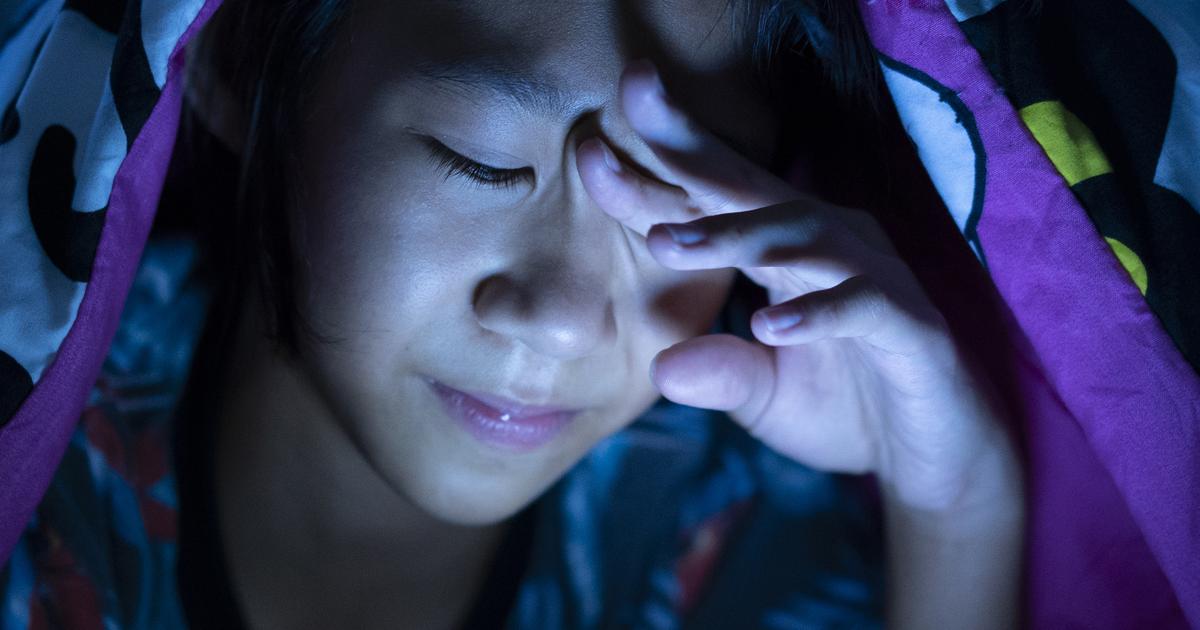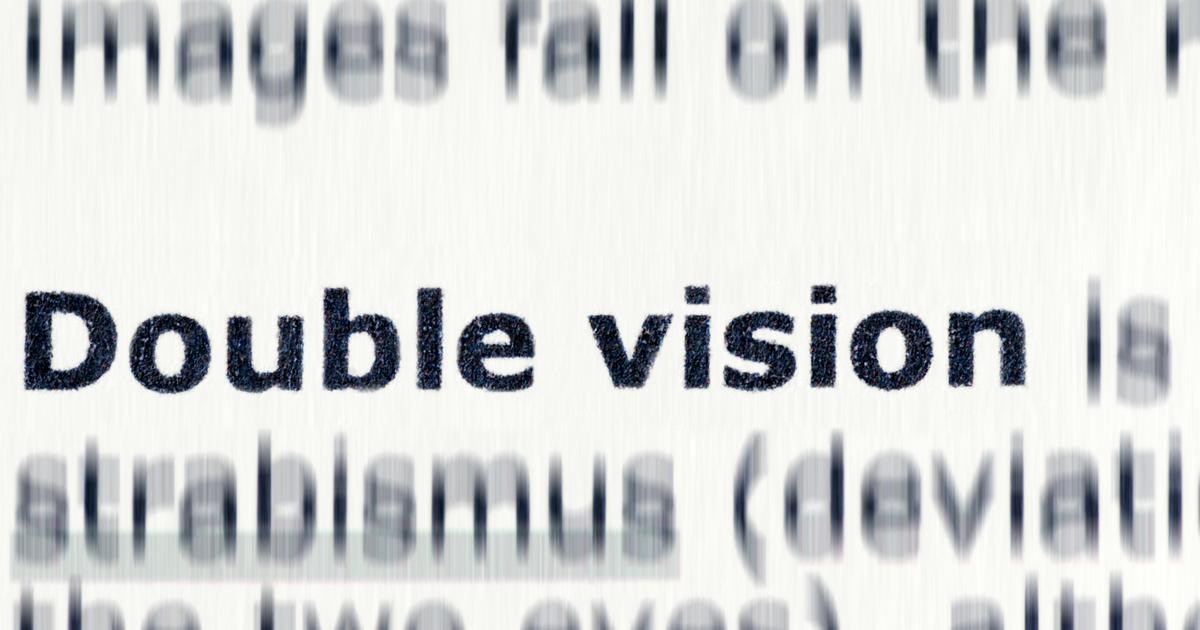Common Signs You May Need Glasses
Millions of individuals all over the world wear glasses, but many who could benefit from a glasses prescription don't have one. As we get older, our vision naturally worsens, but many individuals don't have regular appointments with an optometrist to check their vision, especially if they're used to seeing in 20/20. Though individuals might think a vision problem would be obvious, many don't realize they have vision issues because the changes can be incredibly gradual. In addition, certain activities make individuals more prone to vision problems. If individuals read a lot or stare at a screen all day, they have a higher likelihood of vision decline, as these activities naturally cause eyes to deteriorate. Being aware of the signs of vision issues can help individuals know when to make an appointment for an evaluation.
Get familiar with the common signs you might need glasses now.
Chronic Eye Strain Or Fatigue

One common sign you need glasses is experiencing chronic eye strain or fatigue. It's natural for your eyes to hurt and become tired sometimes. When you've been awake for a long time, your eyes can become itchy and tired, though you might feel relief when you close them. The same is true if you stare at a bright screen for long periods, though installing programs that soften the blue light of a computer screen can help relieve eye strain caused by screen brightness. You might also experience excessive eye strain when dealing with allergies, a cold, the flu, or sleep deprivation. However, if you're experiencing eye pain for more than a few days, your eyes hurt when you move them, or your eyes get tired during normal activities like reading and watching television, it's time to get a checkup. A doctor should be able to determine whether you need glasses, or if you have an eye infection or another undiagnosed health condition.
Learn more about the signs that may indicate you need glasses now.
Blurred Or Double Vision

Blurred or double vision is a sign you need to get your eyes checked. Both of these can be symptoms of several underlying conditions ranging from mild to serious. Some can be easily corrected with glasses. If your vision is blurred when you try to focus on objects close by, you may be farsighted. When your vision becomes blurred looking at objects far away, you might be nearsighted. These conditions occur when the lens of your eye isn't able to focus light directly on the retina. Instead, it focuses on images before or behind the retina. The vision changes from nearsightedness and farsightedness can occur so slowly that you don't notice your vision is getting worse. Adults most commonly notice the issues when they try to focus on text on a computer screen, read a book, or drive. It might be difficult to make out road signs unless they're very close or far away. Children tend to notice issues when they're at school, doing homework, or reading.
Uncover details on more signs pointing to a need for glasses now.
